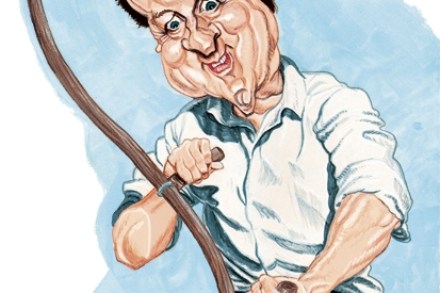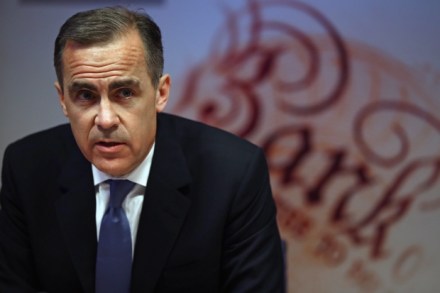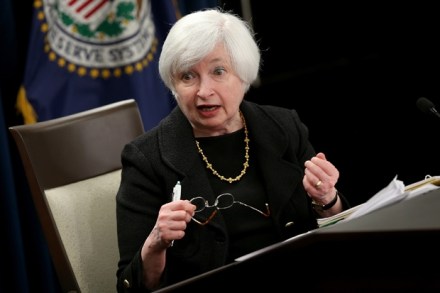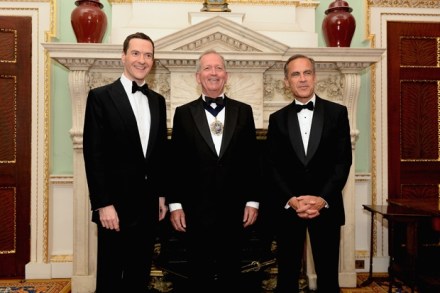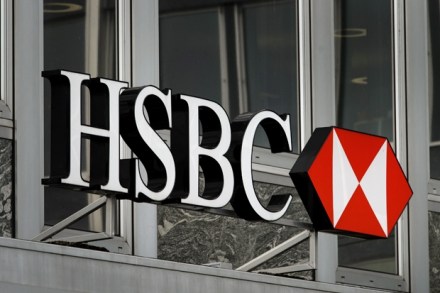Mark Carney abandons even a hint of interest rate rise. Is Britain trapped in the zero era?
It’s just as well that Mark Carney is Bank of England governor: he’d have made a lousy forecaster. In August 2013 he said he’d raise interest rates when unemployment fell below 7 per cent, expecting that to take three years. It took five months. Then last summer, Carney informed us that the decision on when to make the first rate hike ‘will likely come into sharper relief around the turn of this year’. The year has turned, but the interest rate hasn’t. So yet again, the expectation has been delayed. The below graph shows the story so far… And now? As Carney said in a speech at Queen Mary University of London: ‘In my view, the




